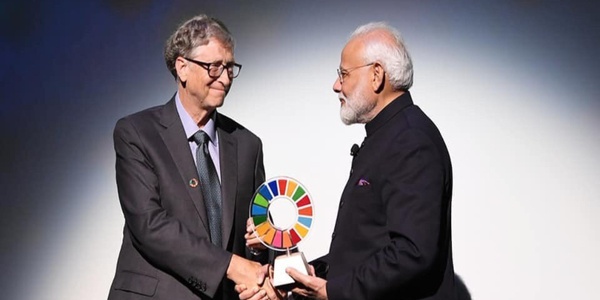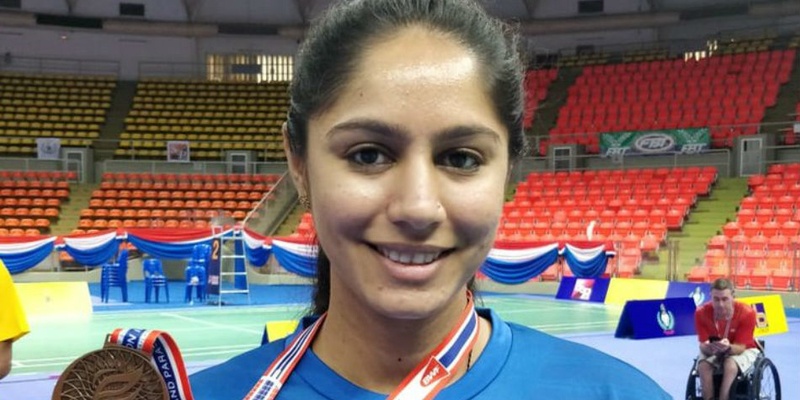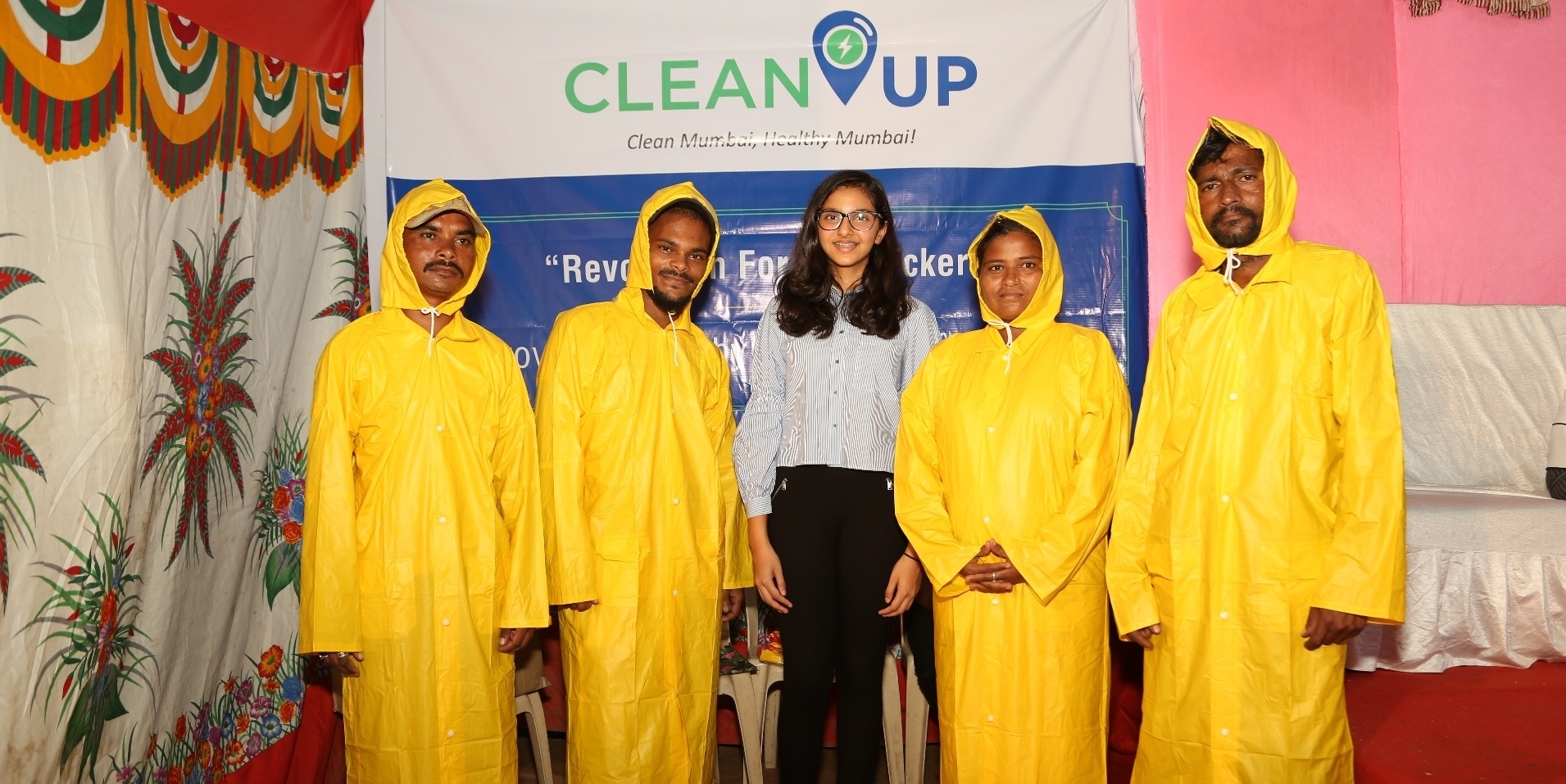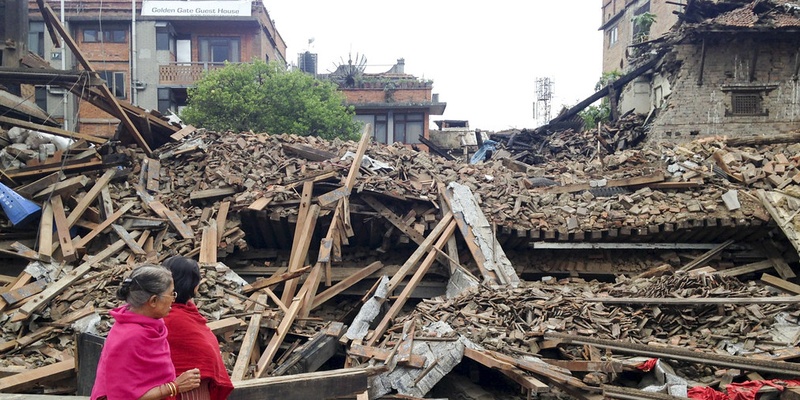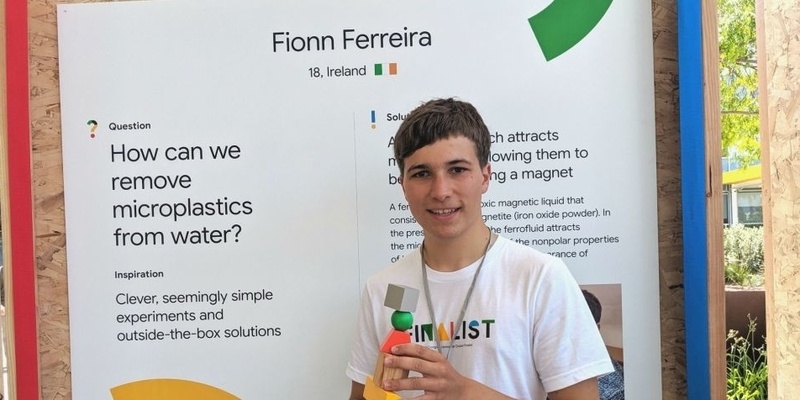Youth Power in Governance : Sakshi Rawat Becomes India’s Youngest Gram Pradhan
In the quiet hills of Pauri Garhwal, where many young people dream of leaving for city jobs, one young woman chose a different path—a path back home. Sakshi Rawat, a 22-year-old BTech graduate, has become India’s youngest Gram Pradhan after winning the local body election in Kui village, Uttarakhand. Her victory is more than just a political milestone; it is a symbol of hope for rural India and a reminder that meaningful leadership can begin early, with courage and conviction.A Young Leader Who Chose Home Over the CityMost young graduates in Uttarakhand migrate to Dehradun, Delhi, or other metro cities in search of jobs. But Sakshi’s choice was rooted in emotion and responsibility. Raised in a small village, she had seen economic struggles, limited opportunities, and the steady outward migration of youth. After completing her BTech in Biotechnology, she had every opportunity to chase a career far from home, but she didn’t. Instead, she returned. Her decision, she often says, was supported entirely by her family. Her father encouraged her to contest the elections, believing that young leadership could bring fresh ideas. This support became the turning point of her journey into public life. In choosing her village over the city, Sakshi sent a strong message: development does not always begin in government offices or corporate boardrooms; sometimes, it starts at home.The Constitutional Space for Young LeadershipIndia’s Constitution allows anyone aged 21 or above to contest a gram panchayat election. Yet very few youths step into local governance at such a young age. The lack of awareness, the demands of higher education, and the lure of city careers often keep them away. Sakshi’s win challenges this pattern. At 22, she is not only eligible, but she is now a real-life example of how young minds can shape the grassroots and redefine public service. Her leadership marks a shift in how rural youth are beginning to see their future: not as something to escape from, but something to rebuild.Building a Model Where Youth Stay, Grow, and ContributeKui village has faced a challenge common across Uttarakhand migration. Over the years, many families have moved to cities due to limited work and infrastructure. Sakshi has made it her mission to reverse this trend. With her academic background in biotechnology and interest in agricultural innovation, she plans to work closely with local farmers growing exotic fruits and with floriculture groups cultivating flowers. According to her, these sectors have the potential to generate steady income and employment. If youth find opportunities within the village, they may choose to stay rather than migrate. Her approach blends modern knowledge with traditional livelihoods, a balance that could redefine rural development.Her Development Agenda: Simple, Practical, and People-OrientedSakshi’s vision for Kui is simple, practical, and focused on real change. She wants children in the village to have better schools so they can grow with confidence and not feel the need to leave home for quality education. For the youth, she hopes to start skill-training programs in modern farming, digital tools, and small businesses, helping them build careers right where they live. Improving digital access is another priority because she believes that today, internet connectivity is as important as roads or electricity. Speaking of roads, she plans to strengthen the village’s road network so people can easily reach markets, schools, and hospitals. Most importantly, Sakshi wants women to be active decision-makers in the community. She is creating opportunities where their ideas and voices are respected. The Gram Pradhan: The Pillar of Village Leadership and DevelopmentThe role and responsibility of a Gram Pradhan are central to the development of a village and the well-being of its people. As the elected head of the Gram Panchayat, the Pradhan oversees planning and implementing local development projects, ensuring proper use of government funds, and addressing the everyday needs of residents. They work on improving basic services like water supply, sanitation, road connectivity, education, and healthcare. A Gram Pradhan is also responsible for promoting women’s participation, resolving local disputes, supporting welfare schemes, and creating opportunities for youth. They act as a bridge between the villagers and the government, making sure that policies reach the grassroots and local voices are heard. In simple terms, a Gram Pradhan leads, guides, and works with the community to build a better, stronger, and more self-reliant village.A Symbol of Change in Rural IndiaSakshi Rawat’s journey reflects a powerful shift taking place across rural India, where young graduates are returning to their roots with new skills, fresh ideas, and a genuine desire to serve their communities. Her rise as the country’s youngest Gram Pradhan has become a symbol of this youth-driven movement, blending modern education with deep cultural understanding. She stands for a new kind of rural leadership, one that inspires hope against migration, encourages empowerment, and breaks long-standing barriers for women in local governance. For the people of Kui, Sakshi is more than just an elected leader; she is someone who truly understands their challenges, dreams, and aspirations. Her presence has created a sense of trust and belonging, reminding villagers that meaningful change can come from one of their own.

.jpg)
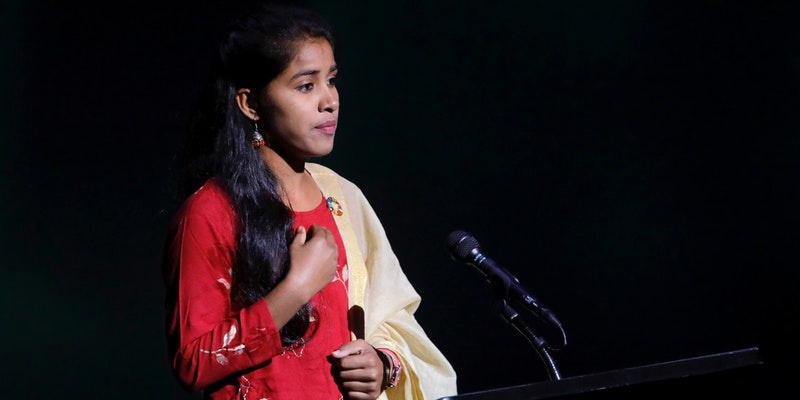

.jpg)
.jpg)





